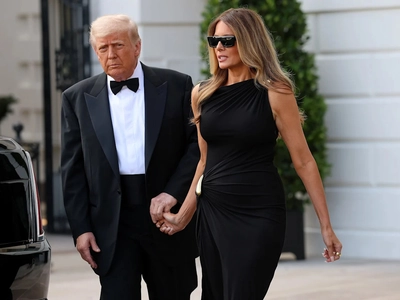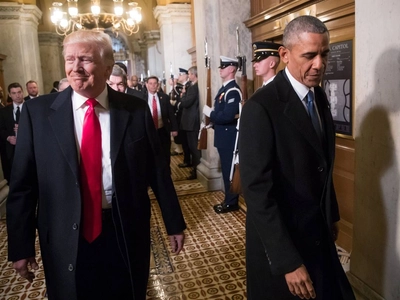Why Renaming the Kennedy Center After Melania Trump Has America Divided
The Kennedy Center, one of America's most prestigious cultural institutions, has become the latest battleground in the nation's ongoing culture wars. Republicans in Congress have pushed forward with plans to strip John F. Kennedy's name from the iconic performing arts center and replace it with Donald Trump's - while simultaneously renaming the opera house after First Lady Melania Trump.
The Audacious Power Play That Has Washington Reeling
What started as a seemingly routine appropriations amendment has erupted into a full-blown controversy that exposes deep divisions about how we honor public figures and political legacy. House Republicans first passed an amendment to rename just the Kennedy Center's opera house after Melania Trump, claiming it would "recognize her contributions to the arts." But that wasn't enough.
Now, Rep. Bob Onder (R-Missouri) has introduced legislation that would go nuclear - renaming the entire facility as the "Donald J. Trump Center for Performing Arts." The move would effectively erase one of the most beloved presidents in American history from one of the nation's premier cultural landmarks.
Why This Goes Far Beyond Politics
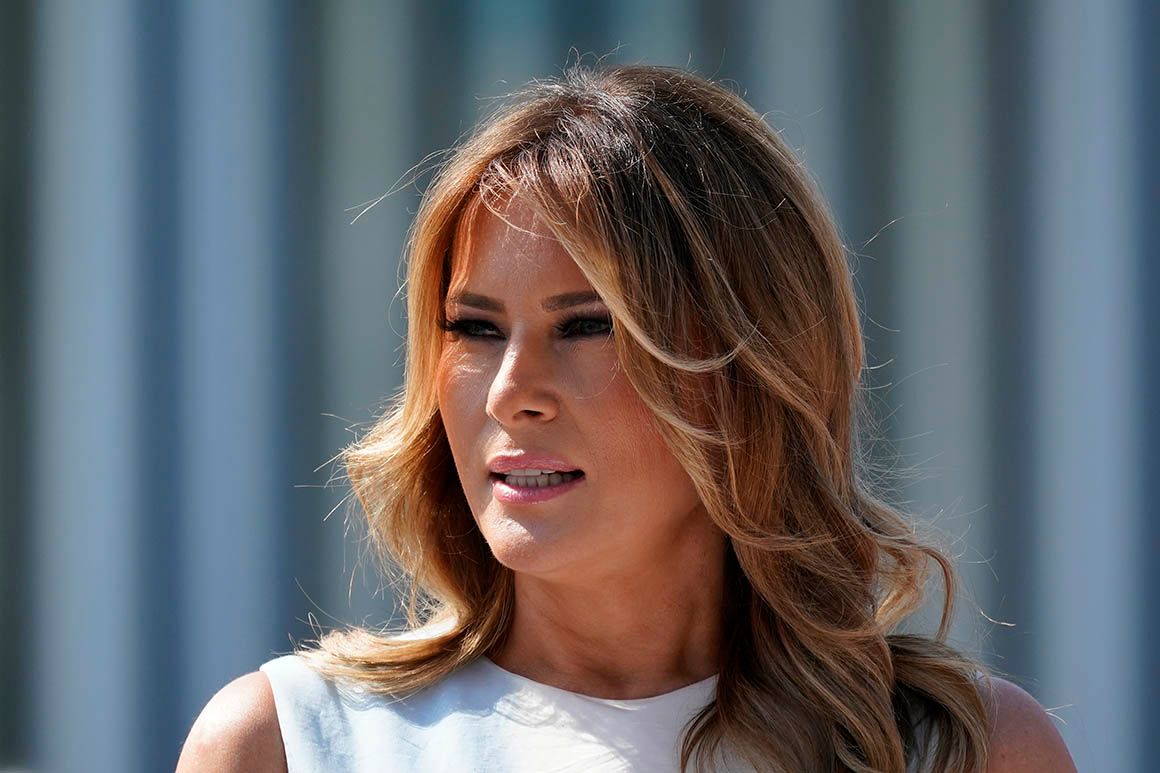
The Kennedy Center isn't just any venue - it's a living memorial to a president who was assassinated in his prime, gunned down while serving his country. Built as a tribute to JFK's vision of America as a beacon of culture and arts, the center has hosted world leaders, celebrated artists, and served as a symbol of American cultural diplomacy for over 50 years.
Now Republicans want to tear down that legacy and replace it with Trump's name - all while his legal troubles continue to dominate headlines and his presidency remains one of the most divisive in modern history.
The Legal Nightmare Republicans Are Ignoring
Here's what makes this even more outrageous: legal experts say the proposed name changes would actually violate federal law. The Kennedy Center was established by a 1958 act of Congress specifically as the "John F. Kennedy Center for the Performing Arts." The legislation included strict provisions preventing major alterations to Kennedy's memorial designation.
But Republicans are charging ahead anyway, seemingly unconcerned about the legal implications of their cultural vandalism.
When Honoring Becomes Dishonoring
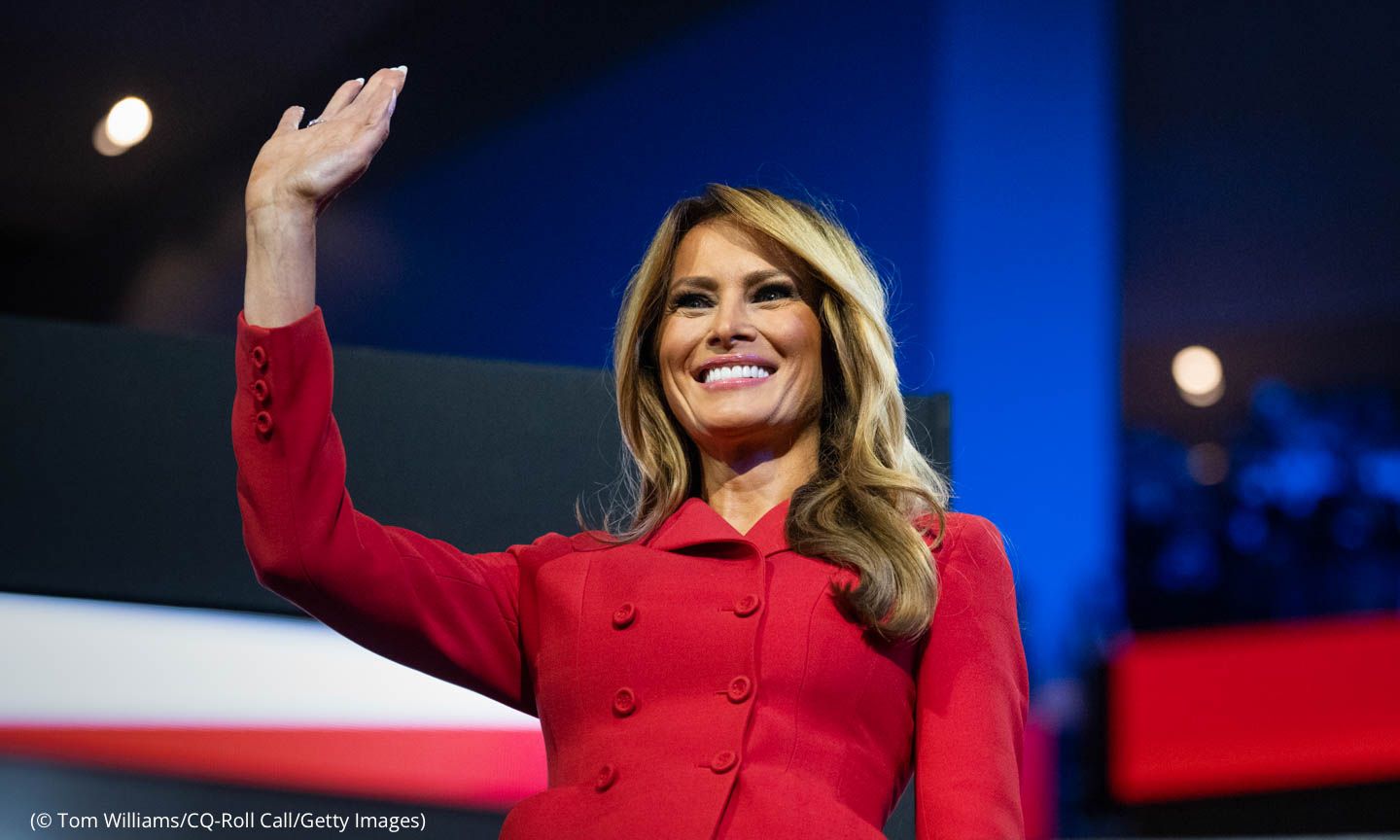
This isn't the first time politicians have tried to plaster their names (or their allies' names) on public institutions. Ronald Reagan's supporters successfully renamed Washington National Airport after the former president in 1998, despite significant opposition. The move was seen by critics as erasing the airport's connection to George Washington himself.
But the Kennedy Center situation is different. This is about replacing the name of a martyred president - one whose death traumatized a nation and whose cultural vision the center was specifically built to honor - with that of a living, highly controversial political figure.
The Melania Factor: A First Lady's Complicated Legacy
The decision to name the opera house after Melania Trump has raised its own set of questions. While First Ladies have traditionally been honored for their contributions to American culture, Melania's tenure was marked more by her absence than her presence. Her "Be Best" initiative received limited attention, and she often seemed reluctant to embrace the traditional role of First Lady.
Compare that to Eleanor Roosevelt's transformative advocacy, Jackie Kennedy's arts patronage, or Michelle Obama's health and education initiatives. The stark contrast has left many wondering what exactly Melania Trump did to earn such an honor.
The Bigger Picture: Democracy Under Attack
This controversy reveals something disturbing about American politics in 2025. When one party is willing to erase the legacy of a beloved president to honor a deeply divisive figure, it suggests our democratic norms are breaking down at a fundamental level.
The Kennedy Center represents something bigger than partisan politics - it embodies America's commitment to culture, arts, and the free exchange of ideas. Turning it into a Trump monument would transform it from a symbol of national unity into a permanent reminder of our divisions.
What Happens Next?
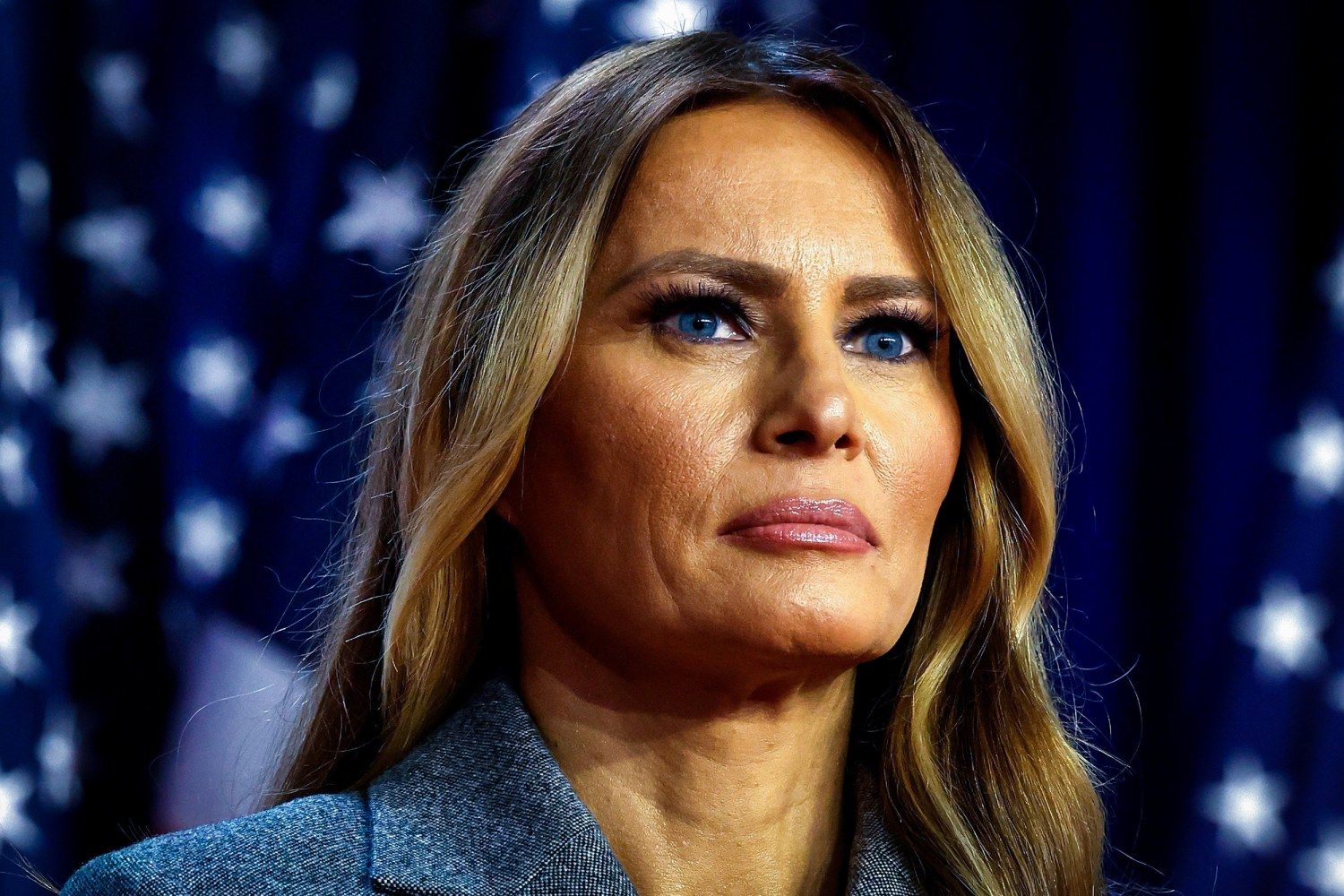
While the amendment to rename the opera house has passed through committee, it still needs full Congressional approval and would likely face legal challenges. The broader effort to rename the entire center faces even steeper obstacles, including potential court battles and fierce Democratic opposition.
But the damage to American discourse has already been done. The fact that elected officials would even consider erasing JFK's name from his own memorial shows how far we've fallen from the ideals of respect, dignity, and bipartisan cooperation that once defined American politics.
The Real Question America Faces
This isn't really about buildings or names - it's about who we are as a nation. Are we a country that honors our shared history and respects the legacies of leaders who brought us together? Or have we become so tribal that we're willing to destroy our own monuments to score political points?
The Kennedy Center controversy forces us to confront an uncomfortable truth: in Trump's America, nothing is sacred, no legacy is safe, and no institution is beyond the reach of political revenge.
The question isn't whether Republicans will succeed in their campaign to rename these venues. The question is what kind of country we'll be when the dust settles - and whether we'll have any shared symbols of American greatness left to unite us.
